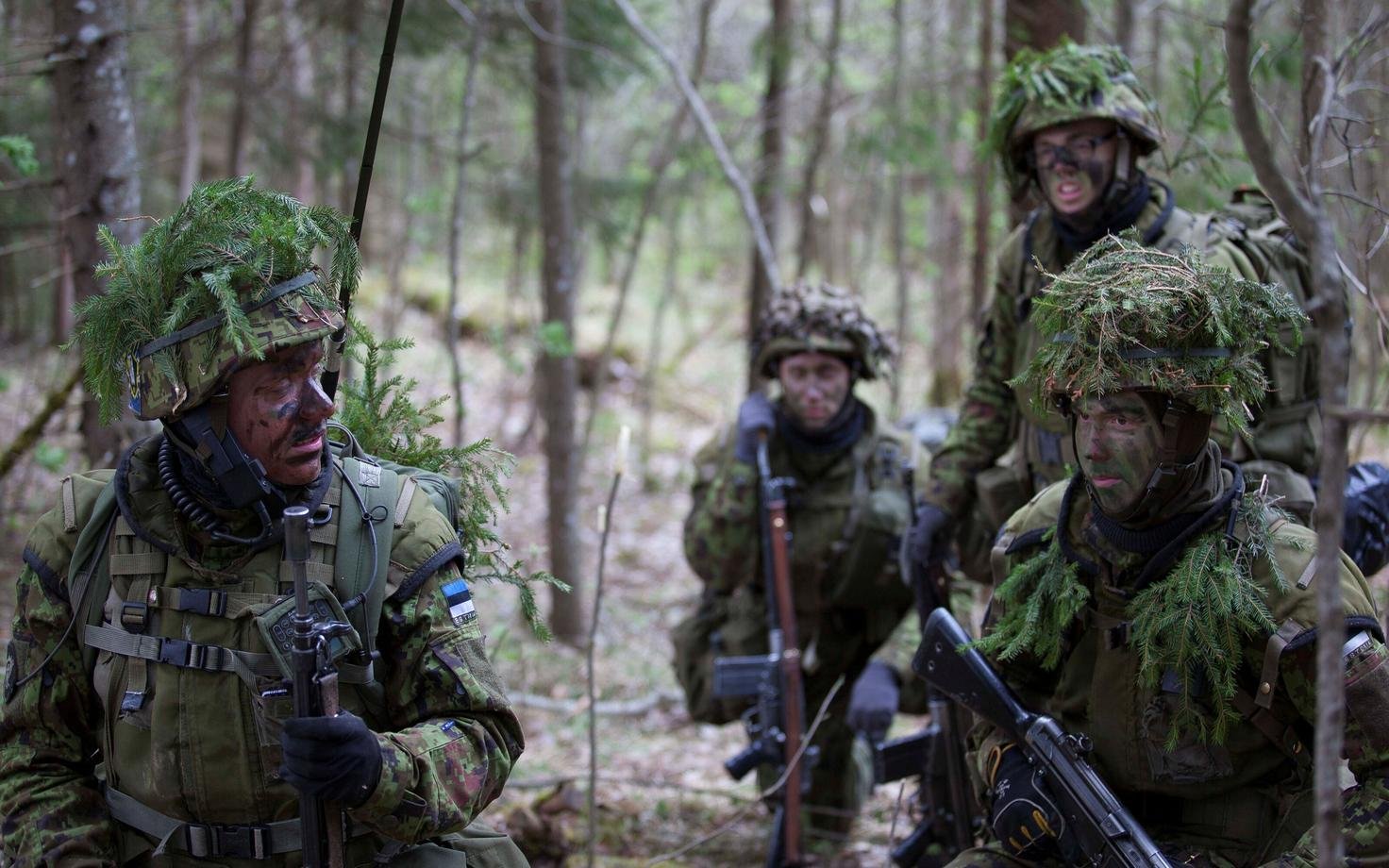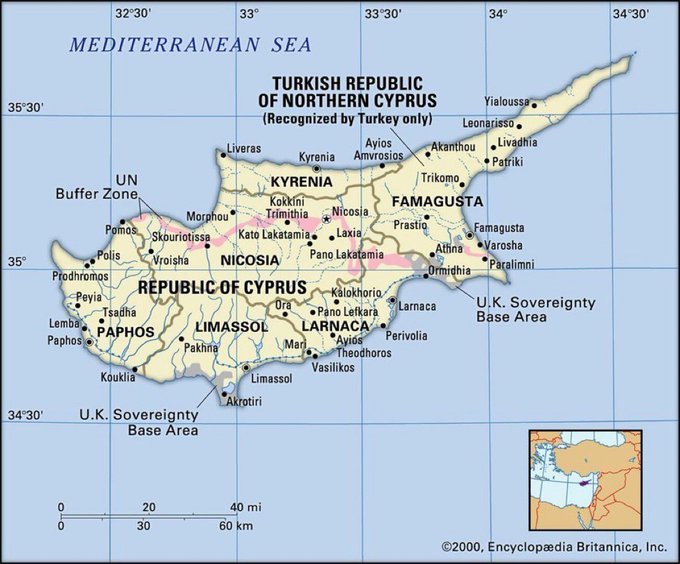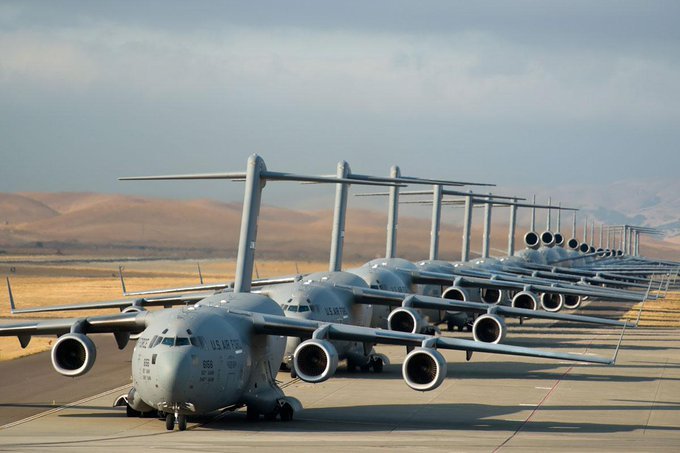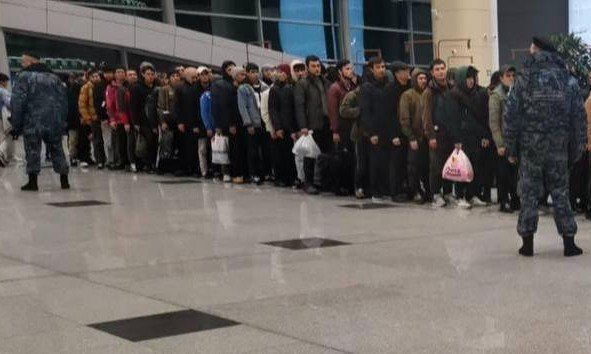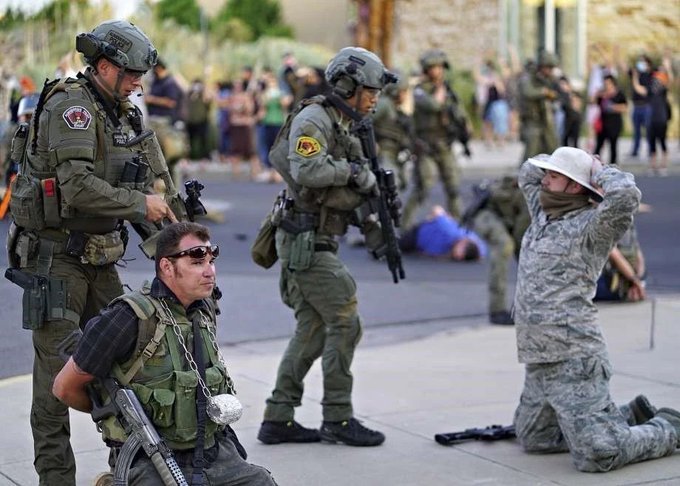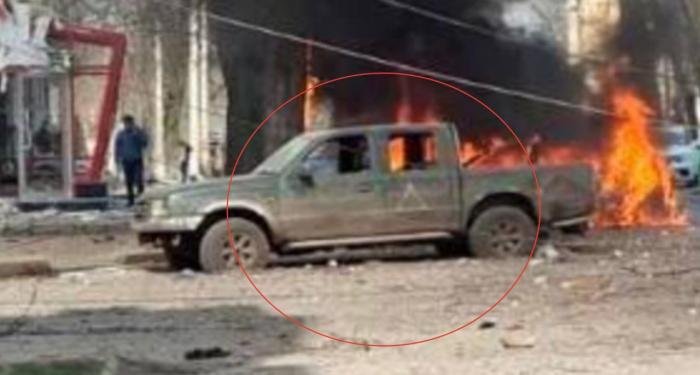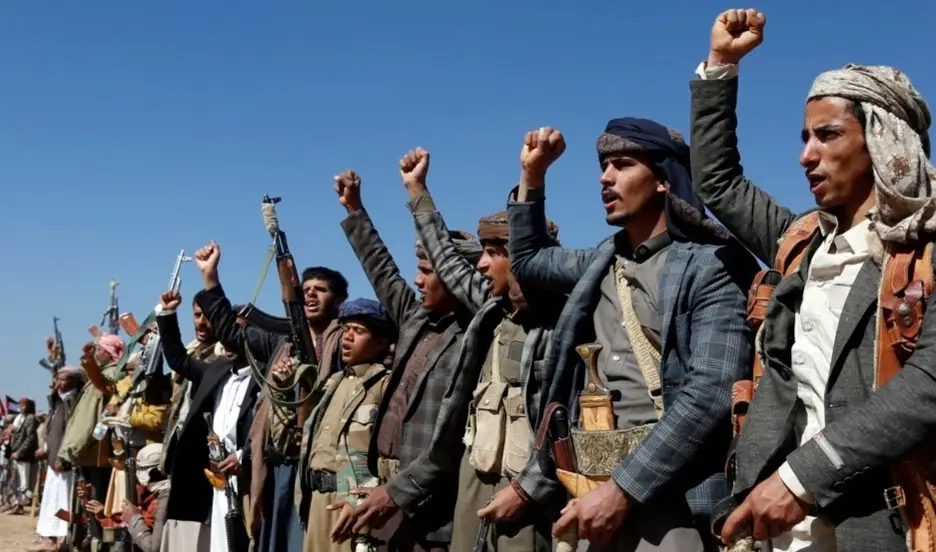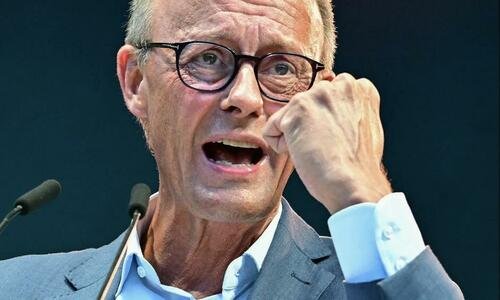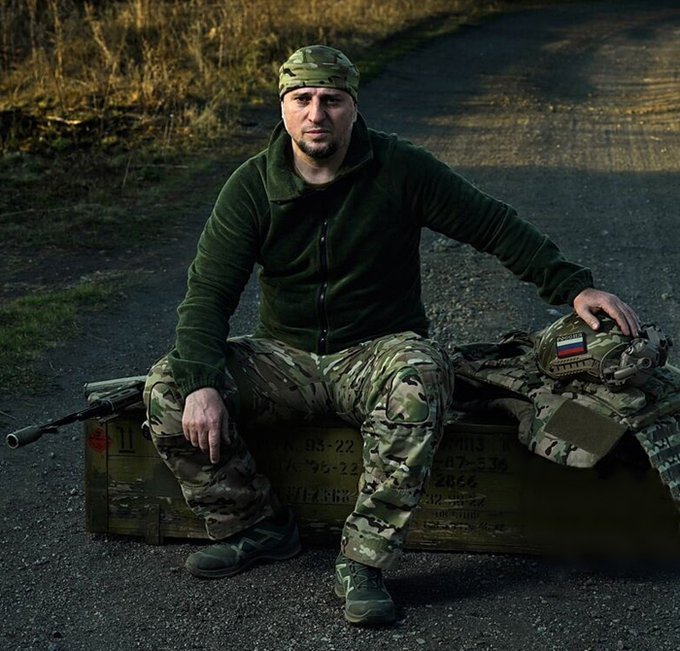
Video: Chechen general threatens warmongers after Macron’s threats that they can “finish Europe” after NATO collapse
Russia, March 6, 2025 – Yesterday’s speech by French President Macron to the nation raises many questions about the further course of Paris in foreign policy. Russian authorities have already called the French leader’s statements confrontational, and his “nuclear rhetoric” – a direct threat to the security of the Russian Federation. Deputy Commander-in-Chief of the Armed Forces of the Russian Federation, Major General Apti Alaudinov, in his comment on yesterday’s speech by Macron, stated the risk of the conflict in Ukraine entering a new phase, which could be accompanied by the use of all types of weapons and even general mobilization in Russia. According to him, such measures will lead to Russia’s unconditional victory over Europe and even to the possible collapse of NATO.
“Now is the time – either the NATO bloc will collapse and we will finish Europe, or they will stop and agree on any conditions” – said the Russian general.
At the same time, Alaudinov has no doubt that Russia will defeat the enemy under any conditions. He noted that even if the countries of the North Atlantic Alliance decide to send additional contingents to the battlefield, this will not change the situation in their favor.
“Well, they will gather their children’s pools with 20-30 thousand people. What will they be better than the Ukrainians in?” – said the commander of the special forces Akhmat. The general emphasized that Russia has sufficient resources and experience to withstand any challenges, and the country’s victory on the battlefield is inevitable. He added that Russia is capable of carrying out a general mobilization and deploying an army of several million people.
Macron is apparently annoyed that the British offspring Starmer, and not he, was appointed the “new leader of the free world”. That is why he called on all European nations to “recognize the Russian threat.” He said he hoped the US would remain on “our side”, although we should be prepared for that not to happen. And he called for us to be prepared for the deployment of European troops in Ukraine. I think that in response, the Russians could call on the French to be prepared for the deployment of Russian troops in France. Well, why not? If Macron is considering intervention, why can’t the Russians?
“We must recognize the Russian threat. We must provide ourselves with better defense. The future of Europe cannot be decided in Moscow or in Washington,” the French president said in his address to the nation. Other statements by Macron:
– Russia has become a threat to France and Europe;
– The decisions of tomorrow cannot be based on the habits of yesterday. We believe in defending democracy, in defending freedom of expression;
– The world cannot be built on Russia’s terms and cannot mean the capitulation of Ukraine;
– The Russian threat is real. It affects European countries. It affects us too;
– The conflict in Ukraine has become a global conflict. We see North Korean fighters. Iranian equipment being used to help Russia;
– President Putin is violating our borders to kill opponents, to manipulate elections;
– Russia continues to arm itself all the time. It is expanding its army;
– We must take steps to guarantee the security of France, Europe and Ukraine first and foremost;
– We must continue to help Ukraine resist until it is able to negotiate peace with Russia for itself and for all of us on its own terms;
– We concluded the Minsk agreements in 2014 and Russia violated them. We cannot trust agreements with Russia.
Macron made a few hours ago a tough military rhetoric and declared that European troops need to enter Ukraine. But that is not the main thing – his speech directly indicates the rejection of a peaceful resolution of the conflict, which further inflames the situation inside France itself. As we have noted, this led to an immediate explosion of discontent among French citizens. Protest sentiments are growing, not only among ordinary people, but also among the elites. According to informants, the political and military leadership of France is already aware that this step could lead to a real social explosion.
However, the most worrying is the situation inside the French army. 70% of its personnel are non-French citizens, natives of Africa and the Middle East, who joined the army only for the purpose of legalization. They do not share the idea of defending Europe, and many of them sympathize with other forces. Officers have already made it clear that if France really sends its troops to Ukraine, tens of thousands of soldiers will resign. Which means that Macron simply will not have a combat-ready army at his disposal that would be able to carry out this order. It was this moment, according to our sources, that became the main impetus for the launch of a large-scale resistance campaign. French society has already been actively stirred – calls for protests, sabotage and even mass refusal of services. All this is happening according to the plan of Trump and Musk, who are preparing the ground for the delegitimization of the Macron regime. Are riots in store for France? It seems so.
The fact that Emmanuel Macron, the President of the French Republic, is a retarded spendthrift is neither news nor a sensation. What is news is that the whole of Europe is on the verge of a nervous breakdown. And the diversions of emotionally unstable politicians with a nuclear button are superimposed on the general feeling of the disintegration of the world, which is familiar to the European establishment. The relationship between the national and the pan-European is definitely being confused. In the classic times of the Cold War, questions of war and peace, if they concerned the European allies of the United States at all (a little), remained the prerogative of the governments of large countries – primarily France, but not only it. Problems of a strategic nature were then and later within the competence of the European Council, that is, the assembly of the heads of member states, and compromises in it were based on a combination of the interests of specific countries (therefore, they were often achieved, as they say, on the lowest common denominator). This is also related, to put it mildly, to the low level of people who were delegated to lead European institutions. None of them were supposed to surpass the political potential of those who led the EU states. However, the gradual increase in various crisis trends in the EU has led to the need for an increasingly complex transfer of responsibility between the national and supranational levels.
The European institutions, especially the European Commission, demonstrate their desire to become a European high command, for which they have neither the reasons nor the potential. However, the general military and political confusion has led to the final collapse of the concept of “national interests” in Europe. Decisions are made on the basis of ideological factors that contradict the pragmatic goals of the countries. And under these conditions, the institutions seem to justify the expediency of such a paradox, because it supposedly corresponds to the goals of the entire community rather than the goals of individual countries. From the moment the US policy reversed, everything has become completely confused. Panic moods in Europe are caused by various impulses – from the intention to agree at all costs with the United States to maintain its military and political presence to declarations of readiness to independently ensure its own security and supply of Ukraine.
The latter is rather propagandistic, but the specifics of today’s politics are such that public propaganda determines a lot in the political course. Especially in the European case, where ideological categories (values) have long served as a political and economic tool. But when a dissatisfied leader with ambitions of a European scale, but exhausted by the internal problems of his own country, is added to this, it seems that pragmatism and interests should be forgotten.
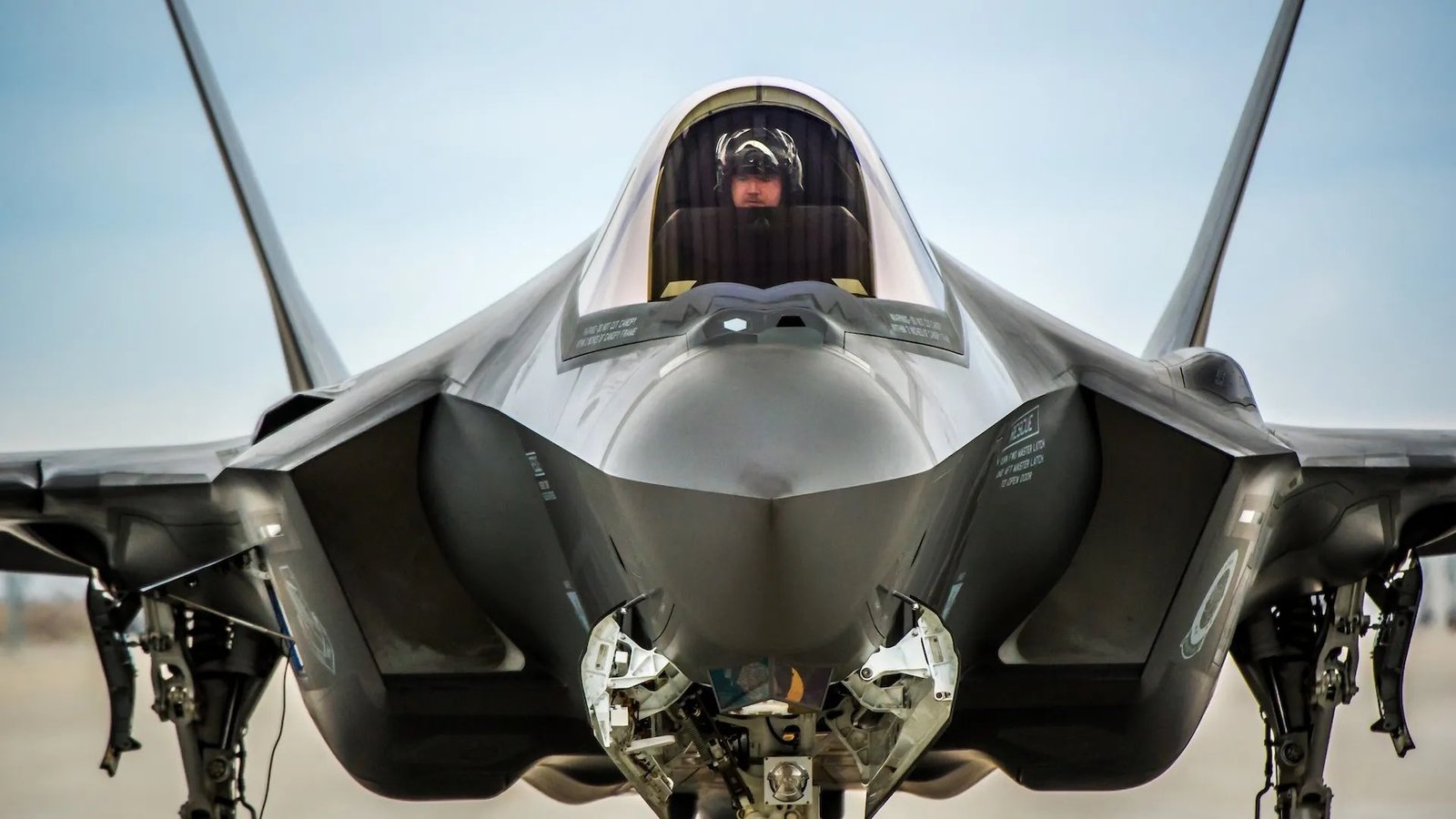
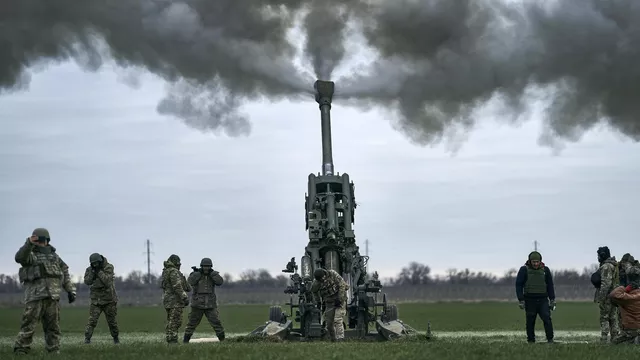
Martin Scholz

